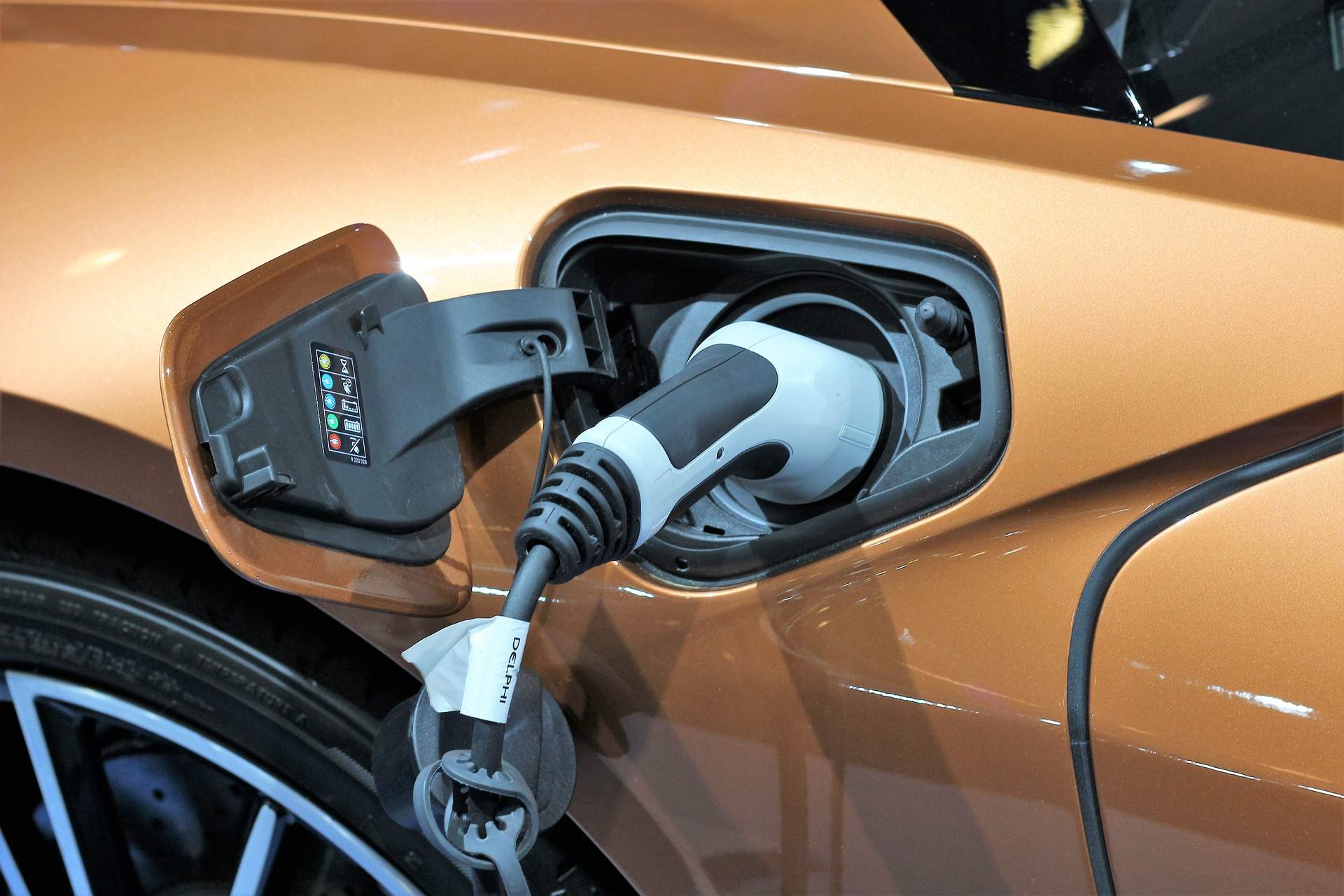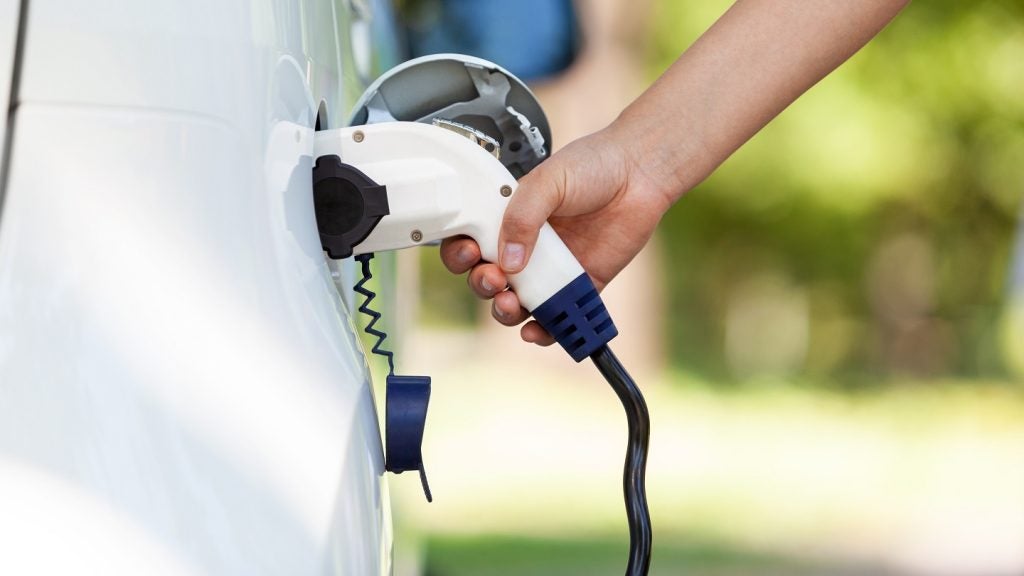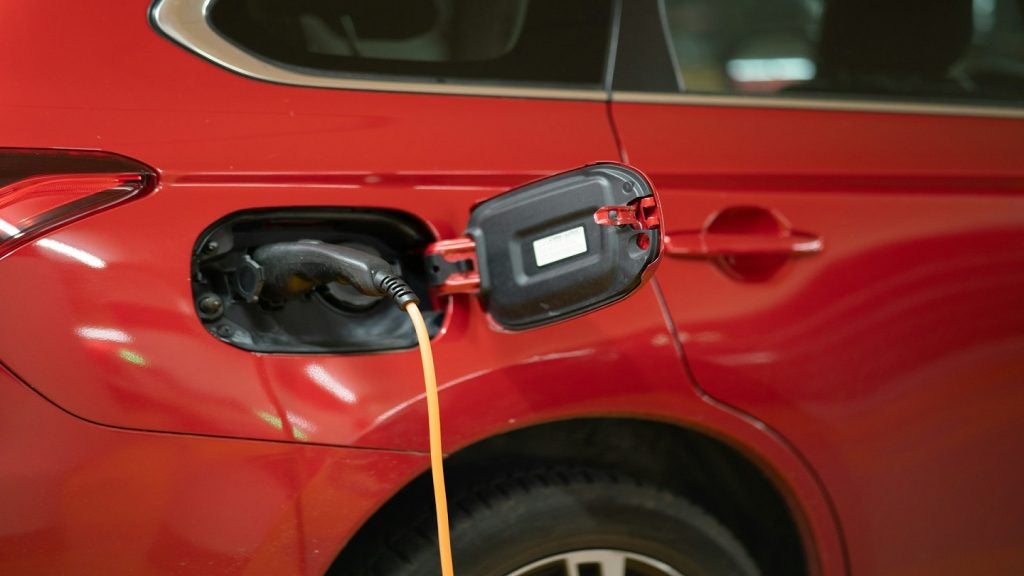
Labour’s election manifesto pledge to reinstate the 2030 ban on new internal combustion engine (ICE) car sales may now include a key adjustment, according to recent reports.
While Labour remains committed to restoring the original ban — moved back to 2035 by the previous government — sources suggest that hybrid vehicles could be exempt from the stricter rules, allowing new hybrid car sales to continue until 2035.
A Department for Transport spokesperson implied that the manifesto pledge may be tweaked, confirming: “This government’s policy has always been to revert to the original 2030 phase-out date for the sale of new vehicles with pure internal combustion engines.”
The spokesperson added, “The original phase-out date included the provision for some hybrid vehicle sales between 2030 and 2035. We know it is important to provide certainty and stability for drivers and will set out further details in due course.”
The clarification over hybrid vehicles comes as industry stakeholders seek clarity on what qualifies as a ‘hybrid,’ particularly given the Conservatives’ stipulation that only hybrids capable of driving a “significant distance” with zero emissions might be allowed post-2030.
John Hughes, managing director of Mann Island Finance, said that a hybrid extension could be a welcome change in the transition to electric vehicles, and potentially ease the pressure placed on both consumers and manufacturers by the Zero Emission Vehicle (ZEV) mandate.
How well do you really know your competitors?
Access the most comprehensive Company Profiles on the market, powered by GlobalData. Save hours of research. Gain competitive edge.

Thank you!
Your download email will arrive shortly
Not ready to buy yet? Download a free sample
We are confident about the unique quality of our Company Profiles. However, we want you to make the most beneficial decision for your business, so we offer a free sample that you can download by submitting the below form
By GlobalData“The ZEV mandate is a laudable ambition, but broadening its scope to include longer-range hybrid cars, at least for a while, could make the shift to zero-emission driving more affordable and sustainable,”
Hughes said. He also highlighted the logistical challenges involved in fully switching to zero-emission vehicles, particularly regarding the development of a robust EV charging infrastructure and the pace of battery innovation. “It would allow extra time for the development of the charging infrastructure and more battery innovation,” he said.
Hughes further noted that such a change could have a stabilising effect on the car market by softening the depreciation curves for used cars. “The speed of the switch has started to highlight [depreciation],” he explained, “and it might help to preserve jobs in car and component production, which are under pressure across Europe.”
Under the current ZEV mandate, the UK government has committed to ambitious targets that aim to drive the adoption of electric vehicles. In 2024, 22% of all new car sales must be zero-emission, rising to 80% by 2030, and 100% by 2035. Van sales are subject to a similar progression, with the target for ZEV vans reaching 70% by 2030. However, manufacturers have been vocal about the difficulties in meeting these aggressive targets, with some calling for more time to transition.
The European Automobile Manufacturers’ Association (ACEA) has also expressed concerns over the fast-tracked adoption of electric vehicles. Reports suggest that the ACEA is preparing to urge the European Union to push back its 2025 EV production and emissions targets by two years, highlighting similar challenges faced by carmakers in Europe.
Hughes believes that adjusting the ZEV mandate to accommodate hybrids, at least temporarily, would be beneficial. He stated, “Encouraging so many car buyers to go fully electric or risk potentially punitive fines so quickly is challenging for some OEMs and has seen an acceleration in tactical initiatives to chase sales. While such tactics are not new in new car retailing, as a tool to push such a significant shift in buyer behaviour, it risks creating unwelcome future used car value volatility that could affect sustainability.”
Mann Island Finance is a trading name of MI Vehicle Finance Limited and part of the Investec group of companies.







